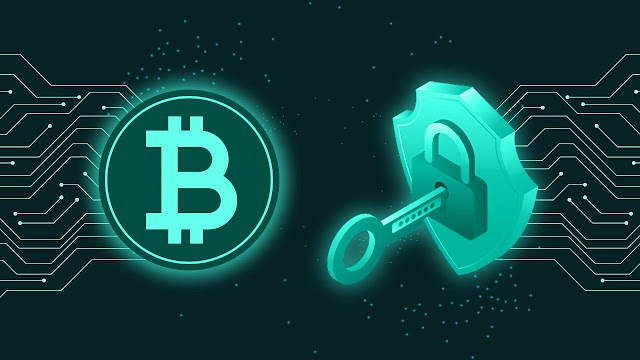How Do Video Games Influence Human Behaviour?
The question of how video games
influence human behaviour has become a topic of interest. While it is difficult
to determine what effects games may have on the brain, several studies have
shown some exciting results. Playing video games can hurt how people act.
However, there are also some advantages of the games, and if the game can
encourage prosocial behaviour, it can have positive outcomes.
Violence in Video Games
The effects of violence in video
games on human behaviour have been studied in Eastern and Western countries.
Most studies have reported results that show no correlation between violence
and video game use, but some have found a small positive relationship. Some
studies have found that exposure to violent video games can increase adolescent
aggression.
Despite this, some researchers have
challenged this theory, and other studies have shown no correlation between
violent video games and aggression. For example, Dr Cheryl Olson, co-founder
of the Massachusetts General Hospital Center for Mental Health and Media, led a
study of 1,254 public school students. She and her colleagues found that
exposure to violent video games was associated with aggressive thoughts and
behaviours.
Effects on Aggression
Video games may cause aggressive
behaviour in some players. However, they are not the only influencing factors.
Researchers have found that other factors can also affect adolescent
aggression. The effects of video games on aggression are a contentious topic. A
few studies have shown positive and negative correlations between violent video
game use and aggressive behaviours. Other researchers have questioned the
connection.
Some studies used self-report
questionnaires and other measures to determine the effect of video games on
aggression. In some cases, aggressive behaviour was measured regarding how
frequently people subject others to unpleasant exposures. Others looked at the
likelihood of subjecting others to loud noise or hot sauce. One study used a
four-week training program to measure the impact of video gaming on aggressive
social interactions. This study showed no overall conclusion but provided
exciting insights into more comprehensive emotional behaviour.
Effects on the Brain
Video games affect the
brain in several ways. They demand quick reaction time, visual attention, and
persistence. These skills can improve a person's information-processing and
problem-solving abilities. However, some adverse effects can occur, including mood
changes and an increased risk of violence. In a recent study, neuroscientists
at the University of California-Irvine studied the effects of playing 3-D video
games on the brain. Participants completed questionnaires and a Raven Matrices
Test before undergoing an MRI scan.
The researchers found that gamers
had higher brain activity in memory regions and areas that help with attention.
This may reflect their ability to process visual information more efficiently. Children
who spent at least three hours per day playing video games were found to have
more active frontal lobes. This brain area is associated with cognitively
demanding tasks, such as executive control and intelligence tests.
Effects on Prosocial Behaviour
There has been a great deal of research
into the effects of video games on prosocial behaviour. In short, exposure to
prosocial video games increases a person's ability to cooperate and help
others. Research also shows that violent video games can negatively affect a
person's social relationships. The effects of video games on prosocial
behaviour may not be entirely positive. Studies show that exposure to violent
video games can lead to aggressive behaviours.
However, some studies suggest that
playing prosocial games can reduce hurtful behaviour. Prosocial video games are
designed to boost interpersonal empathy, which can be used to foster good
relationships. In addition, the general learning model indicates that high
exposure to a particular video game will increase a player's tendency to do
prosocial things.
Inconsistencies in Research Methodology
Video game aggression research has
been a heated topic in the scientific literature. One camp of researchers
strongly suggests that violent video games increase aggression. The other
indicates that there is minimal evidence of any effect. Both camps are based on
different perspectives of aggression. In one study, Greitmeyer reported on the
effects of violent video games on aggressive behaviour. He found an average
effect size of 0.17 for development, cognition, and aggression.
Those exposed to violent video
games showed significant positive correlations to their normative beliefs about
aggression. A second model of aggression, the Catalyst Model, suggested that
genetic predisposition to aggressive temperament leads to aggressive adult
behaviour. Specifically, the individual is more likely to act aggressively
during environmental strain. This model relies on priming effects to increase
the accessibility of aggressive thoughts.
Author Bio
Tobin John is a
research-based content writer for Research Prospect. He provides ideas for
dissertation topics, dissertation ideas and many more services to students of
all levels, and their experts are all UK-qualified. Mr Tobin holds a PhD
degree in mass communication. He loves to express his views on various issues,
including education, technology, and more.




Comments
Post a Comment